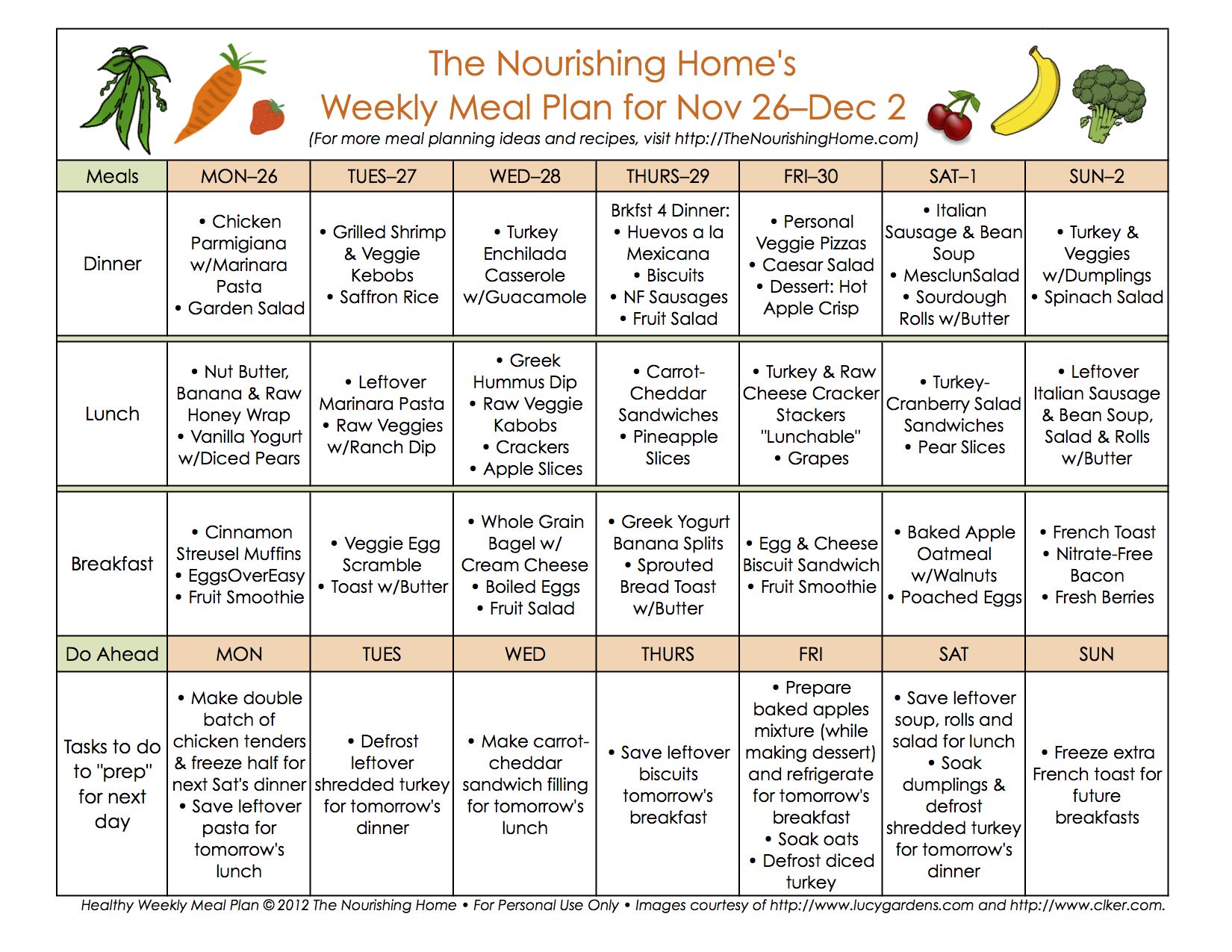Meal planning is an essential part of maintaining a healthy lifestyle. By taking the time to plan and organize your meals, you can ensure that you are eating nutritious and well-balanced meals throughout the week. Additionally, meal planning can save you time and money, as you will know exactly what ingredients you need and can avoid unnecessary trips to the grocery store.
Benefits of Meal Planning
There are numerous benefits to meal planning. Firstly, it allows you to have more control over your diet and ensure that you are getting all the necessary nutrients. By planning your meals in advance, you can ensure that you are including a variety of fruits, vegetables, proteins, and whole grains in your diet. Meal planning is also a great way to save money. When you plan your meals, you can create a detailed grocery list and avoid purchasing unnecessary items. This can help you stick to your budget and reduce food waste. Furthermore, meal planning can help you save time. By planning your meals in advance, you can prep ingredients ahead of time and streamline your cooking process. This is especially helpful for busy individuals who don't have the time to cook elaborate meals every day.
Tips for Effective Meal Planning
1. Start by assessing your dietary needs and goals. Consider any dietary restrictions or preferences, as well as your calorie and nutrient requirements. 2. Create a meal planning schedule. Decide how many meals you want to plan for and choose specific days for meal prepping and cooking. 3. Look for inspiration. Browse cookbooks, food blogs, or websites for recipe ideas that align with your dietary needs and preferences. 4. Plan for variety. Include a mix of different protein sources, vegetables, whole grains, and healthy fats in your meal plan to ensure a well-rounded diet. 5. Consider batch cooking. Prepare large batches of certain meals or ingredients that can be used throughout the week. This can save you time and make it easier to stick to your meal plan. 6. Make a detailed grocery list. After finalizing your meal plan, create a list of all the ingredients you will need. Stick to the list to avoid impulse purchases at the store. 7. Prep ingredients in advance. Chop vegetables, cook grains, or marinate meats ahead of time to streamline the cooking process during the week. 8. Stay organized. Keep track of your meal plan and recipes in a notebook or digital document. This will help you stay on track and avoid last-minute decision-making. 9. Be flexible. Your meal plan is not set in stone. Feel free to make adjustments based on your mood, preferences, or ingredient availability.
Healthy Meal Ideas
Here are some healthy meal ideas to get you started with your meal planning:
1. Quinoa Salad with Grilled Chicken
This flavorful salad combines protein-rich grilled chicken with nutrient-packed quinoa, fresh vegetables, and a zesty vinaigrette. It's a perfect option for a satisfying and healthy lunch.
2. Baked Salmon with Roasted Vegetables
Salmon is rich in omega-3 fatty acids and is a great source of protein. Pair it with roasted vegetables like bell peppers, broccoli, and carrots for a delicious and nutritious dinner.
3. Vegetable Stir-Fry with Tofu
A vegetable stir-fry is a quick and easy meal option that allows you to pack in various veggies. Add tofu for a vegetarian-friendly protein source and serve it over brown rice for a complete meal.
4. Egg and Vegetable Breakfast Burrito
Kickstart your day with a protein-packed breakfast burrito. Scramble some eggs, sauté vegetables like spinach and bell peppers, and wrap them in a whole wheat tortilla for a convenient and filling breakfast option.
5. Greek Salad with Grilled Shrimp
A Greek salad is a refreshing and light meal option. Add some grilled shrimp to your salad to boost the protein content and make it a satisfying lunch. By incorporating meal planning into your routine and trying out different recipes, you can effortlessly maintain a healthy diet while enjoying delicious and nutritious meals. Happy meal planning!


